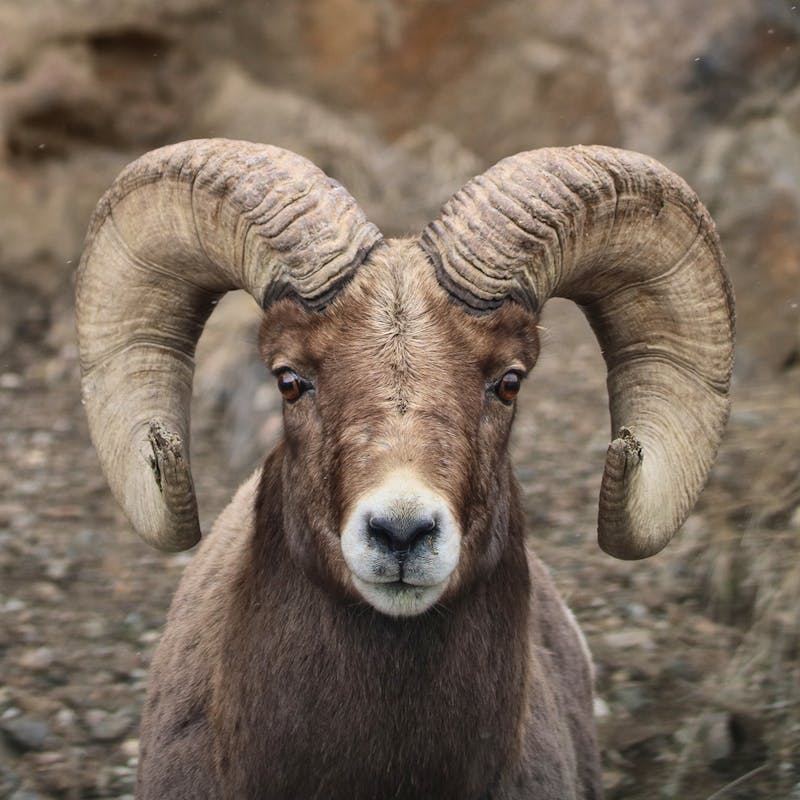The Fish and Wildlife Division of Oregon State Police issued a notice in late October announcing a second wolf poaching in Baker County. The wolf, a sub-adult female from the Pine Creek pack, was found in the Wallowa-Whitman National Forest. In September, the breeding male of the Cornucopia pack was found dead in the same area. According to reports, both wolves were shot.
The latest incident represents an increasing poaching problem that has targeted key species throughout Oregon for years. The first wolf poaching incident still remains unsolved, despite the Oregon Department of Fish and Wildlife increasing the reward for information.
Wildlife poaching is a problem that threatens biodiversity and ecosystem health across the globe, said Kathleen Gobush, Ph.D., Director of Northwest Programs for Defenders of Wildlife. “Overexploitation of wildlife, including poaching and wildlife trafficking, is one of the top threats leading wildlife populations toward extinction,” she said. “It often targets keystone species and apex predators, upsetting the ecological integrity and resilience of the landscapes where they reside for the long term.”
If an incident is rooted in economic gain, wildlife parts and products can travel across county, state or national borders. Earlier this year, a grocery store owner in Portland was convicted of illegally selling shark fins under Oregon law, the first conviction of its kind. Trafficking shark fins is forbidden under U.S. law but determining where fins are harvested from and how they travel can be difficult.
For highly social species that are long-lived, removing key individuals particularly alters the social balance and reproductive potential, especially for animals that live in groups, says Gobush. “Poaching can have much longer long-lasting effects than the specific incident you may read about in the news,” she said. “Whether it’s elephants in Africa, sharks, or wolves in the Pacific Northwest, it’s a serious crime against wildlife, our natural heritage and the communities who depend on our wild lands.”
In Oregon, the Department of Fish and Wildlife defines poaching as killing or “taking” a fish or animal without a license or tag, exceeding the bag limit for species, hunting out of season or at night, or filling someone else’s hunting tag. Often it targets big game species such as mule deer, bighorn sheep, bears and wolves, but can include species such as waterfowl, furbearers and fish.
The reason for spikes in poaching incidents like the wolves in Oregon often remains a mystery, according to Sristi Kamal, Ph.D., senior Oregon Representative for Defenders of Wildlife. “Carnivores like wolves tend to be the target of deep-seated resentments that can lead to being shot during a chance encounter, she said, “but poaching happens for any number of reasons, from opportunistic killings and purposeful persecution to harvesting wildlife for illegal trade,” said Kamal.
In 2019 Defenders worked with other stakeholders to pass a significant legislative package that launched the Stop Poaching Campaign in Oregon. The package included raising the penalty for poaching from a misdemeanor to a Class C felony, increasing penalty fines for both money and prison time, and a Defenders bill to protect data on sensitive wildlife location from those who might misuse it.
Since then Kamal has been working with the Oregon Department of Fish and Wildlife to get public attention on poaching incidents, secure reward sum for tips or information on poachers and help the public recognize and report poaching incidents through the Stop Poaching Campaign, a collaboration that involves state agencies such as ODFW, Oregon State Police and DoJ as well as hunters, conservationists, landowners and recreationists.
“This is really a community effort at every level,” said Kamal. “Whether you see wildlife products being sold at a shop or you come across a carcass, it’s important to report illegal activity and to report it to authorities without delay, like through Oregon State Police’s Turn In Poachers (TIP) line. Protecting our wilderness means being vigilant when it’s being exploited and helping our law enforcement proactively fight wildlife crime.”
For over 75 years, Defenders of Wildlife has remained dedicated to protecting all native animals and plants in their natural communities. With a nationwide network of nearly 2.1 million members and supporters, Defenders of Wildlife is a leading advocate for innovative solutions to safeguard our wildlife for generations to come. To learn more, please visit https://defenders.org/newsroom or follow us on X @Defenders.
Media Contact
News

Study Led by Defenders of Wildlife Scientist Shows Noise Pollution Impacts on Migratory Birds



